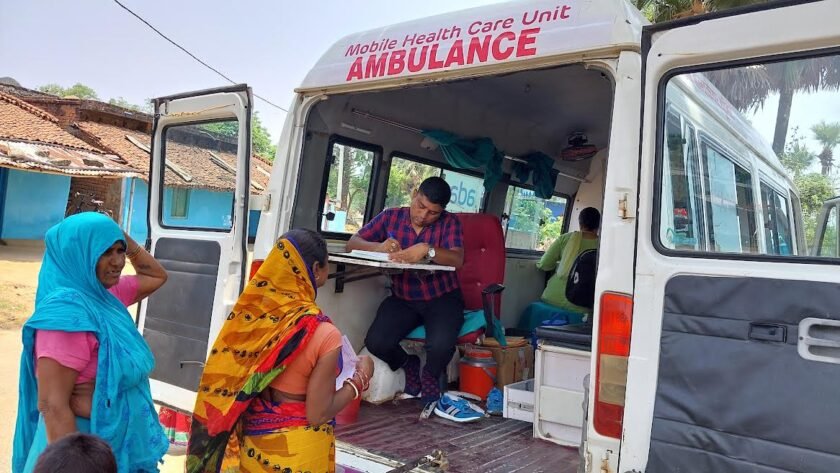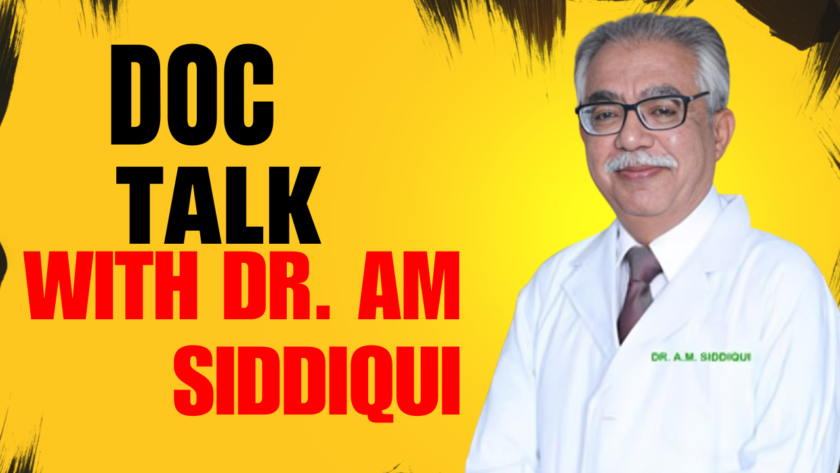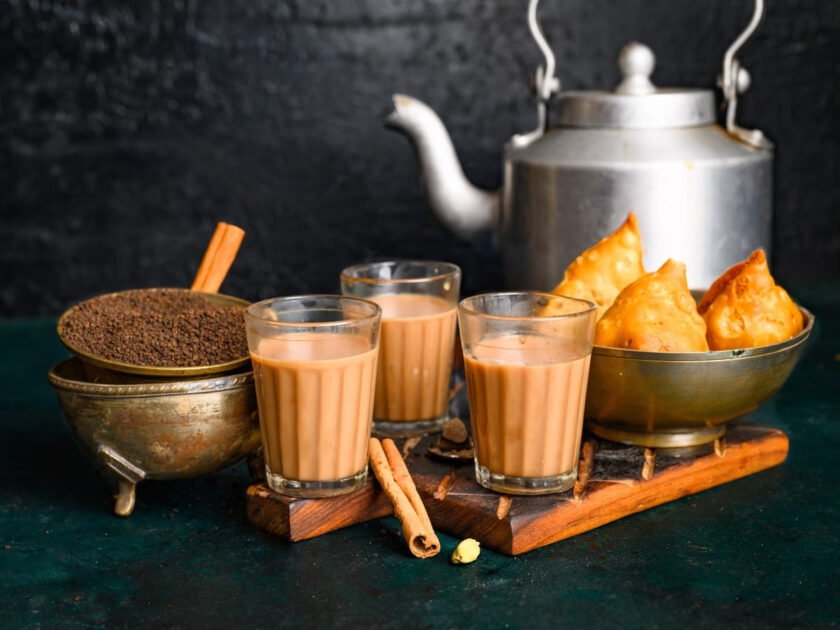Lucknow: In today’s fast-paced world, the hustle and bustle of life often leave us neglecting our health, leading to various deficiencies that can have significant impacts on our well-being. One such deficiency that often goes unnoticed is the lack of zinc in our bodies. Zinc, an essential mineral, plays a crucial role in numerous bodily functions, including immune system function, wound healing, and DNA synthesis. However, its importance is often underestimated, and its deficiency can lead to a myriad of health issues, one of which is premature aging.
Understanding Zinc Deficiency
What is Zinc?
Zinc is a vital micronutrient that our bodies require in small amounts for optimal functioning. It is found in cells throughout the body and plays a role in over 300 enzymatic reactions.
Signs and Symptoms of Zinc Deficiency
- Premature Aging: One of the most alarming signs of zinc deficiency is premature aging. Skin problems such as wrinkles, fine lines, and sagging can occur prematurely due to insufficient levels of zinc in the body.
- Weakened Immune System: Zinc is essential for a robust immune system. Its deficiency can lead to increased susceptibility to infections and illnesses.
- Delayed Wound Healing: Zinc plays a crucial role in wound healing by promoting cell growth and tissue repair. A deficiency can result in slow or impaired wound healing.
- Loss of Appetite: Individuals with zinc deficiency may experience a loss of appetite, which can further exacerbate the deficiency.
- Hair Loss: Zinc deficiency has been linked to hair loss and thinning, as the mineral is essential for maintaining healthy hair follicles.
- Impaired Cognitive Function: Some studies suggest that zinc deficiency may impair cognitive function and lead to memory problems and difficulty concentrating.
Combatting Zinc Deficiency: Foods to Incorporate into Your Diet
1. Oysters
Oysters are one of the best food sources of zinc, containing more zinc per serving than any other food. Adding oysters to your diet can help boost your zinc levels and support overall health.
2. Red Meat
Red meat, such as beef and lamb, is rich in zinc and can help replenish your body’s zinc stores. Opt for lean cuts of red meat for a healthier option.
3. Poultry
Chicken and turkey are excellent sources of zinc. Include poultry in your meals to ensure you’re getting an adequate intake of this essential mineral.
4. Legumes
Legumes like chickpeas, lentils, and beans are plant-based sources of zinc. They are also high in fiber and protein, making them a nutritious addition to any diet, especially for vegetarians and vegans.
5. Seeds and Nuts
Pumpkin seeds, sesame seeds, and cashews are all rich in zinc. Snack on a handful of these nuts and seeds to boost your zinc intake throughout the day.
6. Dairy Products
Dairy products like milk, cheese, and yogurt contain zinc, along with other essential nutrients like calcium and protein. Incorporate dairy into your diet for overall health benefits.
7. Whole Grains
Whole grains such as wheat, barley, and oats contain zinc, albeit in smaller amounts compared to other foods. Still, incorporating whole grains into your diet can contribute to your overall zinc intake.
Prioritize Your Health
Zinc deficiency is a prevalent yet often overlooked issue that can have significant consequences for your health, including premature aging. By incorporating zinc-rich foods into your diet, you can ensure that your body has an adequate supply of this essential mineral to support optimal health and well-being. Prioritize your health by making conscious choices about the foods you eat, and remember that small dietary changes can make a big difference in the long run.




